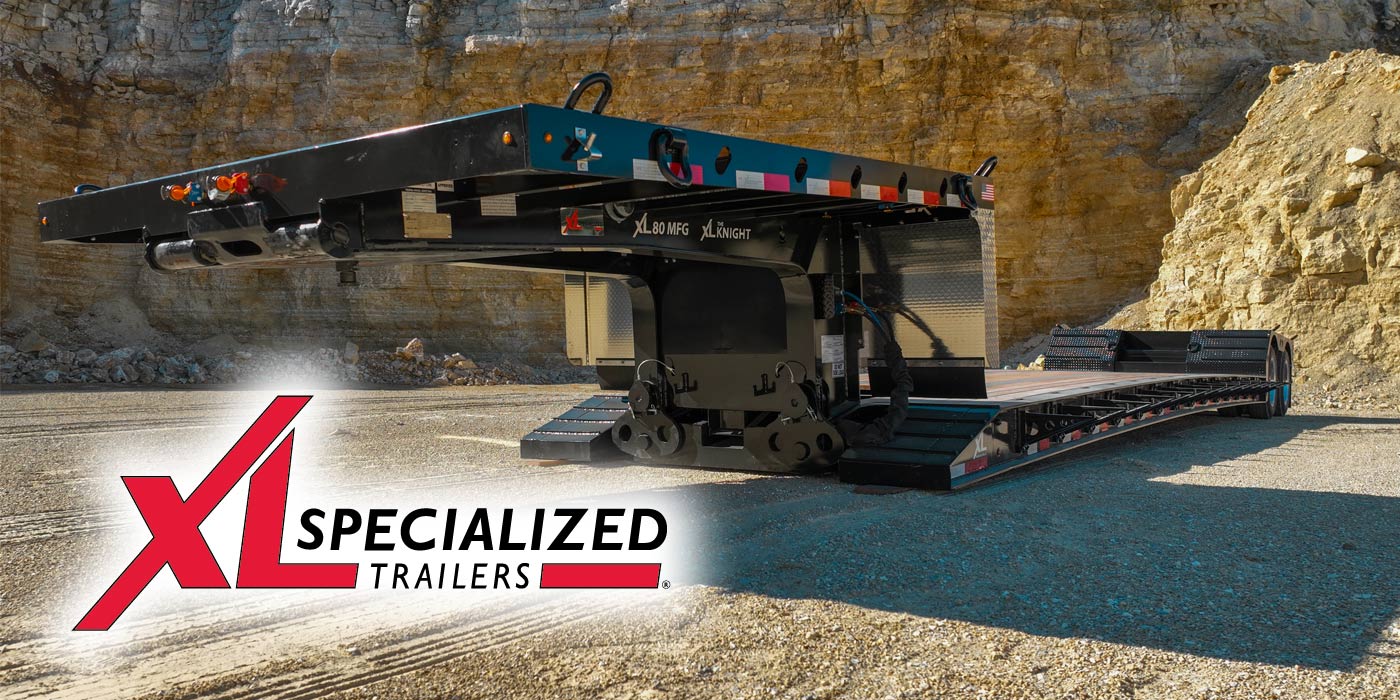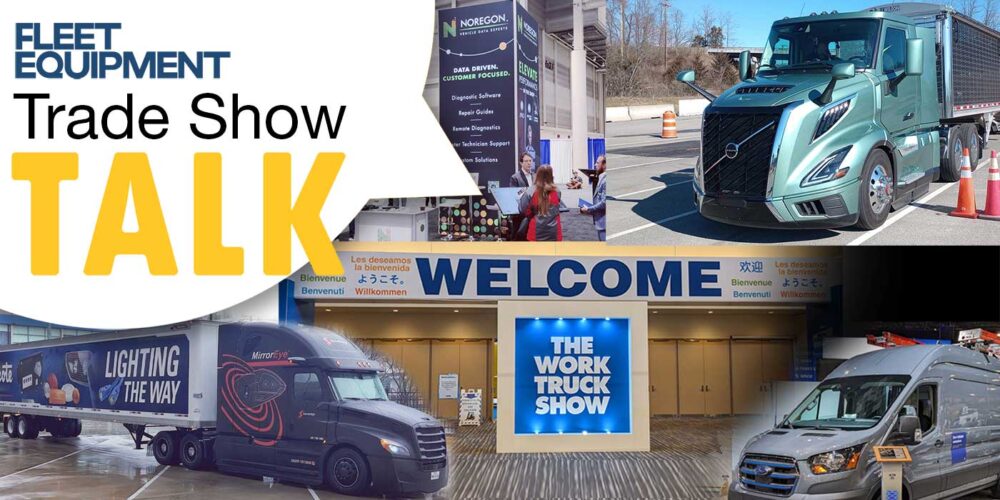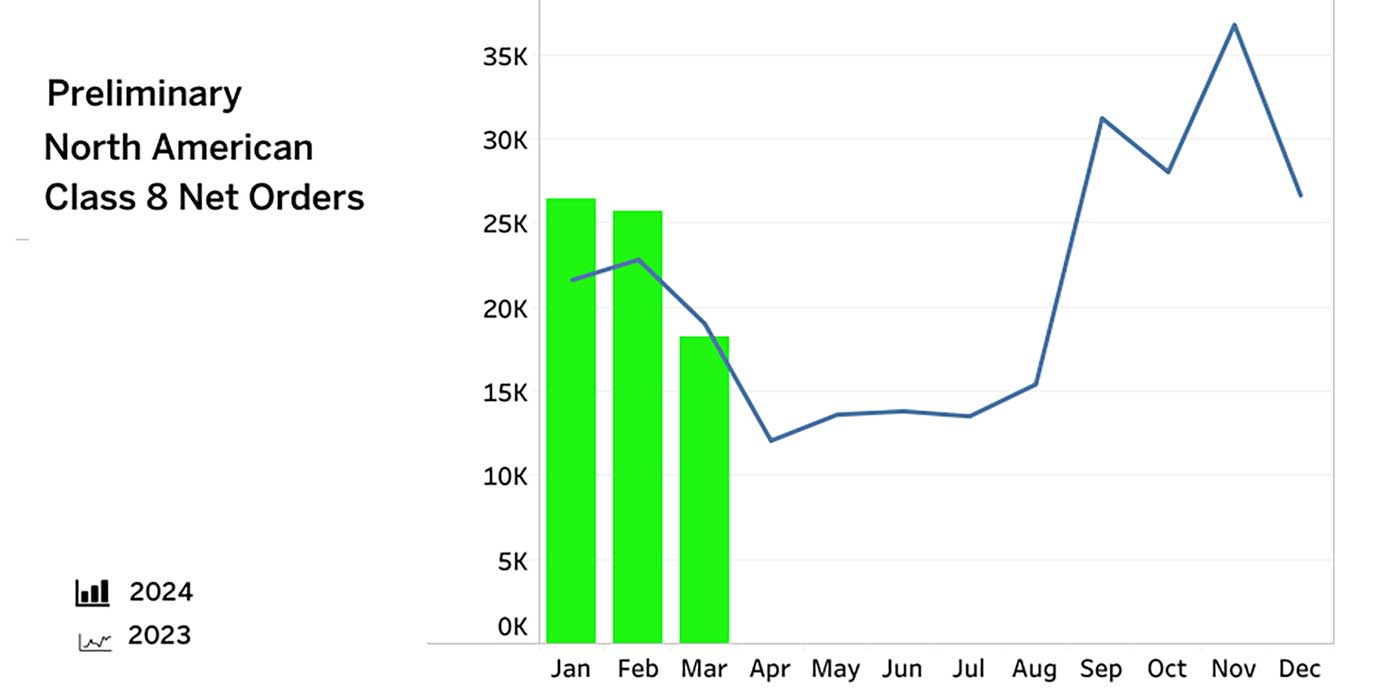Transportation organizations and private fleets are both finding new ways to cope with the major challenges thrown at them in 2020, particularly by the COVID-19 pandemic.
While each has their own set of unique challenges specific to their organizations, they’re both battling ways to deal with a difficult financial climate, rising costs from adapting to new routes and health concerns, and overall shrinking margins and bottom lines.
For transportation fleets, issues like rising insurance costs are now impacting the bottom line and are a growing concern, and increased tonnage means that more miles and stress are aging trucks at an increasing pace. Case in point: the American Trucking Associations’ advanced seasonally adjusted For-Hire Truck Tonnage Index increased 6.7% in September after a handful of volatile months’ worth of activity.
Meanwhile, private fleets are facing specific challenges as well. Depending on the industry, companies with private fleets have had to rapidly adjust to changing market conditions, adapt to new routes and scale fleets quickly to align new economic realities with the changing market.
The fluctuating economy means that some organizations are even placing a larger emphasis on private fleet operations to better control costs and adapt more quickly to these business climate changes. For example, next year, Ahold Delhaize USA says it will transition six facilities under its three-year initiative to switch to a fully integrated, self-distribution model driven by its own private fleet. With the transition of the six facilities in 2021, about 65% of Ahold Delhaize USA brand center-store volume will be self-distributed. In late 2019, the company unveiled a three-year, $480 million plan to expand its supply chain operations and shift to a self-distribution model, which includes e-commerce channels.
Overall, many organizations are constantly scrutinizing their operational bottom line to continuously justify their private fleet model—an issue that’s continuously top of mind, according to the National Private Truck Council (NPTC).
Changing utilization driving changing truck needs
According to a recent industry survey, 36% of companies had to change routes for as many as 40% of the trucks in their fleets, and 25% have had to change what their trucks are primarily hauling. Much of this shift was a result of the closing of many restaurants across the country, with fleets shifting their routes to handle increased demand for grocery items and retail/merchandise (non-food) delivery.
The survey also illustrated that roughly 50% of respondents used less than 30% of the typical miles accumulated in routes when the pandemic hit. This also meant that roughly four of every ten fleets were operating at 80% of normal utilization. As a result, along with the broader impact from the economy, 27% of organizations said they were forced to downsize their fleets.
Extra flexibility available for companies
These changing utilization patterns show how imperative it is that companies be as flexible as possible with their own business models.
For instance, the structure of fleets’ truck acquisition deals need to be flexible to meet this changing demand. The agreements must also allow them to return the asset when the impact of the current circumstances return to normal, which is an unknown at this point—rising COVID-19 numbers could possibly force some states back into lockdown.
One option that works well in this type of scenario would be a sale-leaseback agreement. A company can select some older-model assets, which are less efficient and less reliable, and work with a firm that can purchase those assets and lease them back for an interim period and then transition to new equipment when ready. This would enable the company to generate cash, which can then be used for immediate internal needs or simply provide extra working capital.
A sale-leaseback program allows for the downsizing of fleets if an organization has a surplus of trucks, and it will have a positive effect on the bottom line P&L since the ensuing lease payment will be lower than the current depreciation charge.
While extra money is helpful, the flexibility to upgrade to newer truck technology with advanced safety features tomorrow will assure that organizations come out of the pandemic with a competitive edge through financial and operational efficiencies gained, and therefore, is worth it.
Truck upgrades promise a safer future
A sale-leaseback program helps position organizations with equipment fleets favorably for tomorrow’s competitive environment. Advanced business intelligence has helped America’s corporate transportation fleets leverage data analytics, asset management and flexible financing to identify and act upon vehicle obsolescence while sustainably driving down supply chain costs and increasing productivity. In addition, companies are now paying closer attention to their trucks’ safety obsolescence, where data shows the impact new safety technologies have on fleets, their drivers, and the savings that newer technologies and shorter lifecycles contribute to the bottom line. A recent industry survey revealed that 11% of transportation fleets estimate they have saved more than $1 million in crash avoidance by upgrading to newer trucks with advanced safety features.
This win-win scenario helps companies realize immediate near-term relief for the business today, while all organizations continue to do what it takes to get through the hard times of the pandemic. However, this program also helps to position businesses favorably for tomorrow through a stronger long-term financial position, with the opportunity to upgrade into newer, more efficient trucks that boast the industry’s newest safety advancements.














